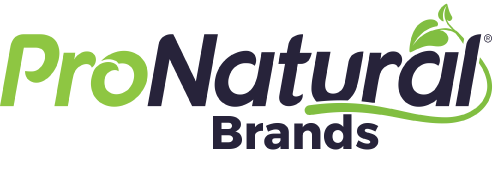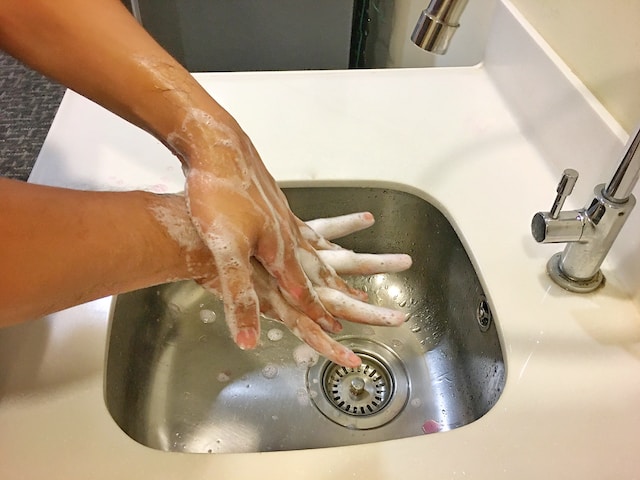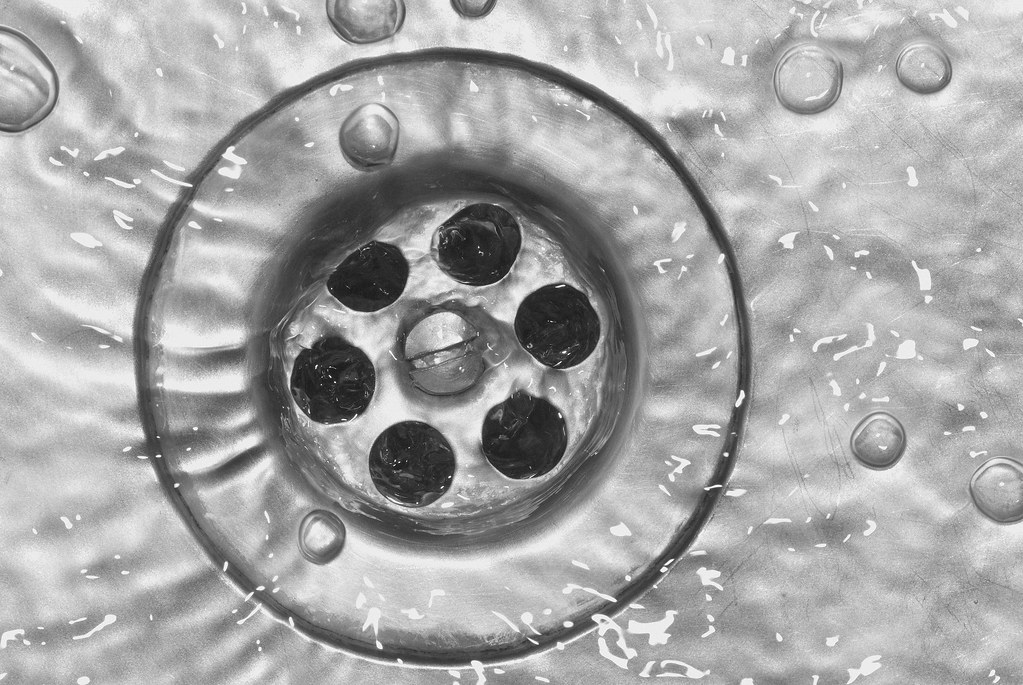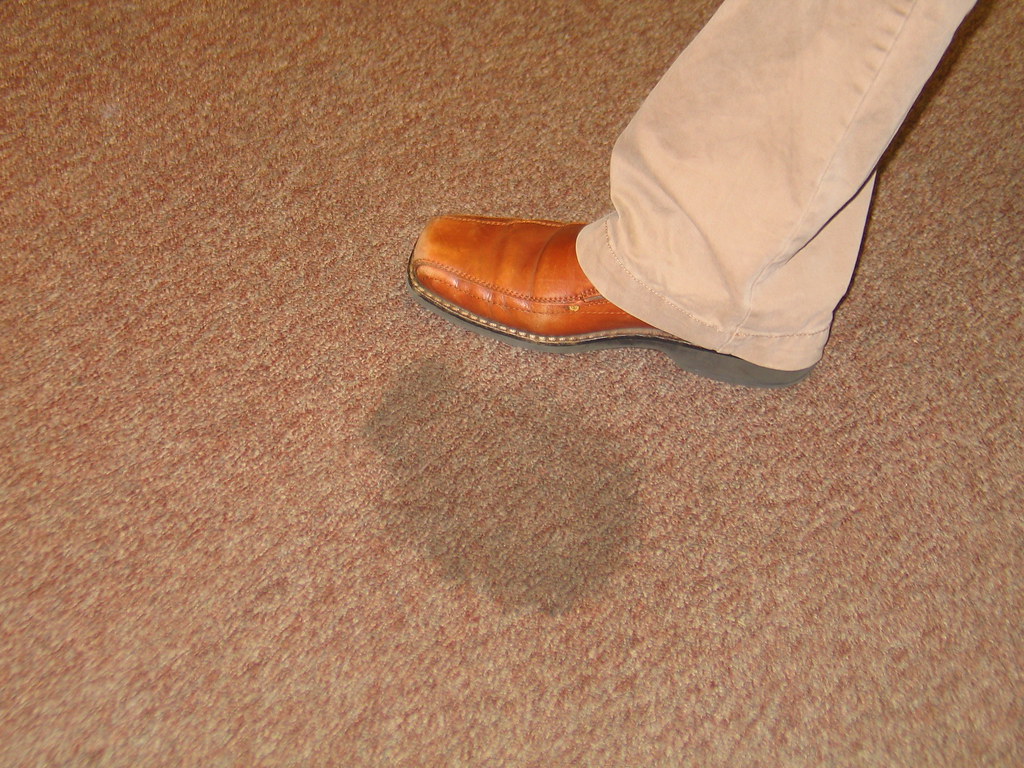Citrus with d-limonene and citrus-acid-based cleaning solutions are both natural, environmentally friendly products made from the peels of citrus fruits, specifically lemons, limes, and oranges.
However, citrus d-Limonene is primarily derived from the peels of lemons. In fact, its botanical name is Citrus limon. It is an oil. Over the centuries, it has been used as a fragrance, a food additive, for some forms of cleaning, and therapeutic applications.
On the other hand, Citrus-acid-based cleaning solutions are made from a wide variety of citrus peels, not just lemons. They are processed specifically for cleaning, disinfecting, sanitizing, and even removing grease and oil build-up in industrial facilities. Citrus-acid-based cleaning solutions do not contain synthetic surfactants, bleach, or chemical solvents often found in traditional cleaning products. These ingredients can harm human health, especially if used in large quantities. Overall, citric-acid-based cleaners are considered far safer than conventional cleaning solutions.
These two products also share several positive attributes. For instance:
• Some traditional cleaning products can change a cell’s DNA. Citrus d-Limonene and citrus-acid-based cleaning solutions do not change a cell’s DNA or genetic material. They are also non-carcinogenic or mutagenic (capable of changing genetic material).
• Both are made from readily renewable resources. Citrus crops are grown all over the world.
• They have similar pH levels. Citrus-acid-based cleaning products typically have a pH of 3-6, with seven being neutral.
• Some d-limonene products have been registered with the EPA, meaning they have been tested and proven to eliminate pathogens. At least one citrus-acid-based disinfectant is EPA-registered and proven to eliminate the pathogen that causes COVID-19.
• Both are biodegradable, which means they decay naturally in a non-harmful way.
• They are generally recognized as safe by the Food and Drug Administration.
• The Environmental Protection Agency approves them as an “inert” ingredient. We often see inert ingredients listed as “other ingredients” or “inactive ingredients” on products. These inert ingredients may be used for different purposes, but they are not a product’s primary active ingredient in all cases.
Now that we have addressed some similarities and positive attributes, it’s time to examine some of their fundamental differences. Among these are the following:
Fragrance
We mentioned that d-limonene is often used as a. This is why it is often added to soaps, perfumes, shampoos, and cosmetics.
Citrus-acid-based cleaning solutions have no discernible scent. Today, most facility managers and building users want their facilities to be fragrance-free. In particular, they do not want to encounter the odors released by traditional cleaning products. Not only can these odors be unpleasant, but they can also prove harmful, causing allergic reactions.
Cleaning
D-limonene can be used for cleaning, but that is not its primary function, nor is it processed specifically for cleaning. When used for cleaning, it is most used to clean carpet, some hard surface floors, and for removing surface stains.
Citrus-acid-based cleaning solutions have long been used for cleaning a wide range of non-porous surfaces and materials, from metals to plastics, ceramic floors, glass, porcelain, and about everything in between.
Costs
Costs are another differentiator. For example, consumers can purchase d-limonene and citrus-acid-based cleaning solutions online or at stores like Whole Foods Market. However, d-limonene sells for around $15 per bottle. Citrus-acid-based cleaning solutions can be found at a much lower price point, about $6 per bottle.
As you can see, d-limonene and citrus-acid-based cleaning solutions have similarities but differ in many ways. The most significant difference that arises is when it comes to cleaning. Citrus-acid-based cleaning solutions are made specifically for cleaning, can be used on many types of surfaces, are less costly, and are far safer to use than traditional cleaning products.






